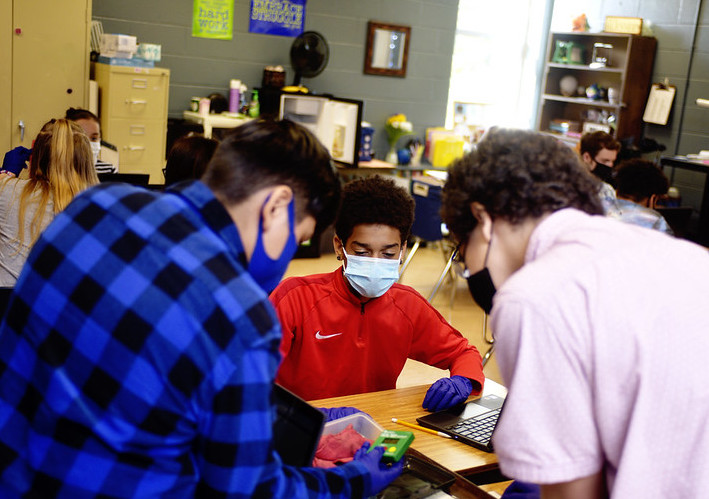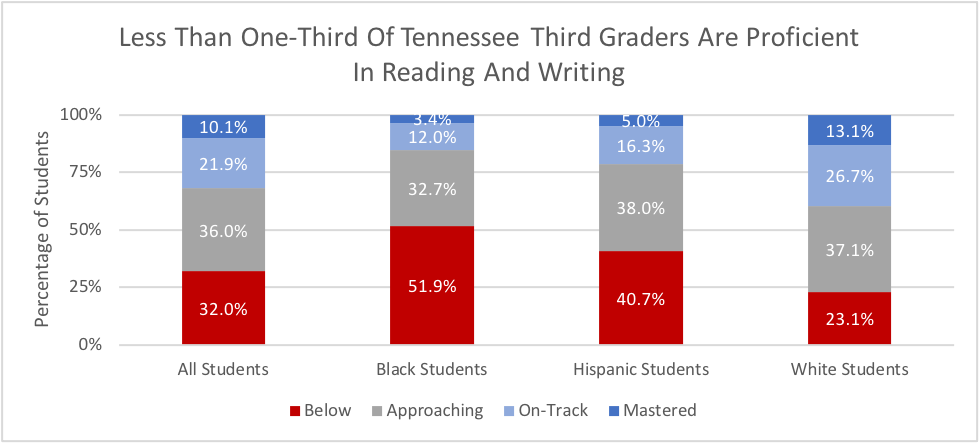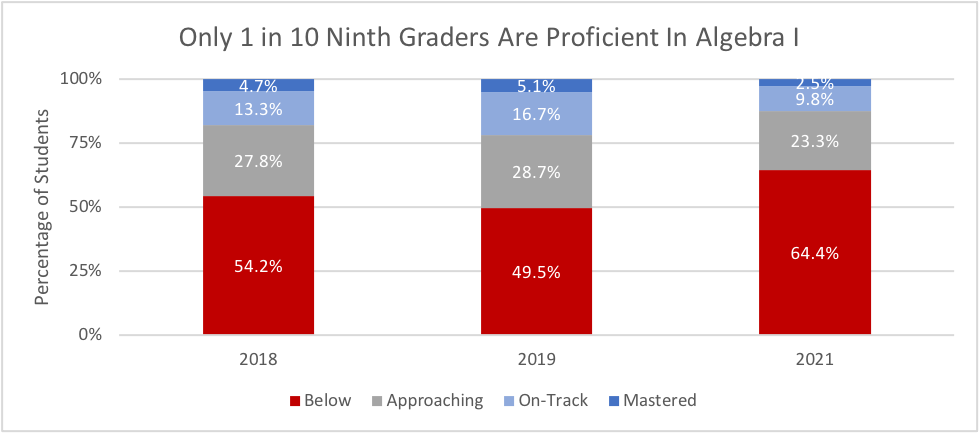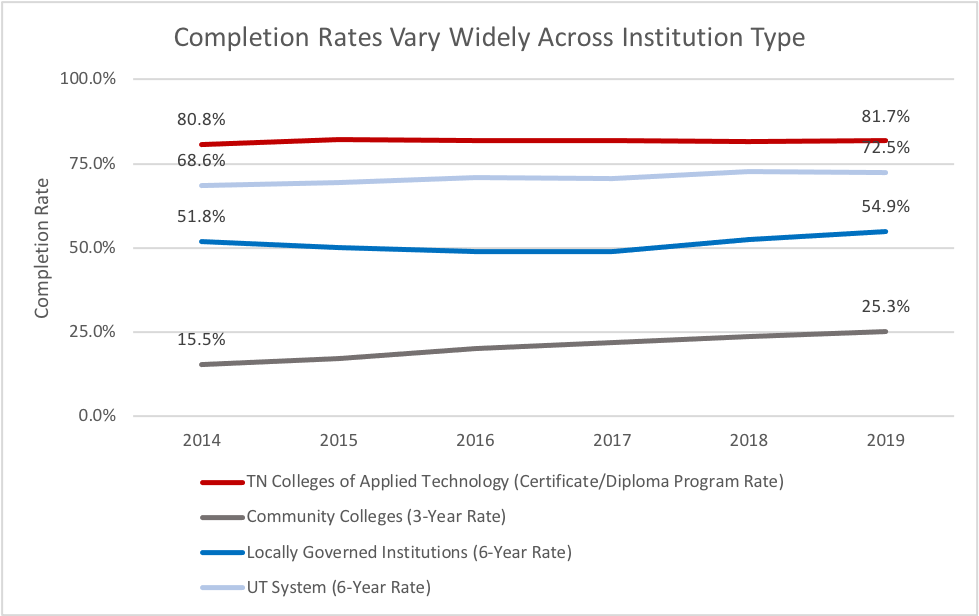
As Tennessee recovers from the disruptions caused by the COVID-19 pandemic, now is the time to envision a public education system that expands opportunity for all students and allows them to gain the skills and knowledge necessary to succeed in college, career, and life.
Currently, more than half of the state’s jobs require postsecondary training — whether an industry certificate earned in high school or a bachelor’s degree earned in college. However, not enough Tennesseans have received the necessary skills to meet our state’s employment needs.
Tennessee can make this vision a reality by seizing the unique opportunity to build on robust data systems that already exist. Better use of this data can set a strong foundation for success and support students across every point in the education to workforce pipeline.
A Seamless And Accessible Data System
How do we do it? By prioritizing a seamless and accessible data system to support state recovery efforts, we make informed decisions regarding targeted funding, students supports, and innovative practices. Tennessee’s longitudinal P-20 Connect system, which houses K-12, postsecondary, and workforce data, is not yet accessible or adequately leveraged for policymakers and practitioners, but this data has the power to track and improve student readiness as well as predict outcomes.
Strong Data Governance
With strong data governance, P20 Connect could support Tennessee to better understand the key milestones that are highly predictive of future success for students.
For example, we know that only one-third of Tennessee third-graders are reading on grade level. With access to a robust longitudinal data system, we can better understand how early literacy can increase a student’s likelihood of taking advanced high school coursework.

P20 Connect could also identify key metrics that predict postsecondary readiness. For example, we could explore whether being proficient in Algebra I in grade 9 improves a student’s chances of persisting beyond their first year of college.
Only 10 percent of ninth graders are proficient in Algebra I — P20 can be used to identify the early factors that predict course success and help the state target interventions so that more students can be on-track in their first year of high school.

P20 also has the power to support better coordination between higher education and the workforce to ensure that our postsecondary institutions are effectively preparing students for jobs that lead to economic independence and meet economic demands. For example, how does earning a TCAT (Tennessee College of Applied Technology) credential in a high-demand field relate to better employment outcomes and opportunity for career advancement?
Currently, TCATs have a high success rate of over 80 percent of students earning a diploma or credential. P20 can help identify which programs are most predictive of success in the workforce based on employer demand and economic growth.

Tennessee’s students must be prepared for tomorrow’s workforce opportunities. To do this, Tennessee must improve K-12 to workforce data access and use. By examining key metrics and publicly reporting progress toward them, we can empower state leaders, school districts, and postsecondary institutions to understand longer-term student outcomes and what students need to succeed.
Alexis Parker is SCORE’s senior data and research analyst. Diane Hughes, SCORE’s communications manager, contributed to this post.
Read more:
